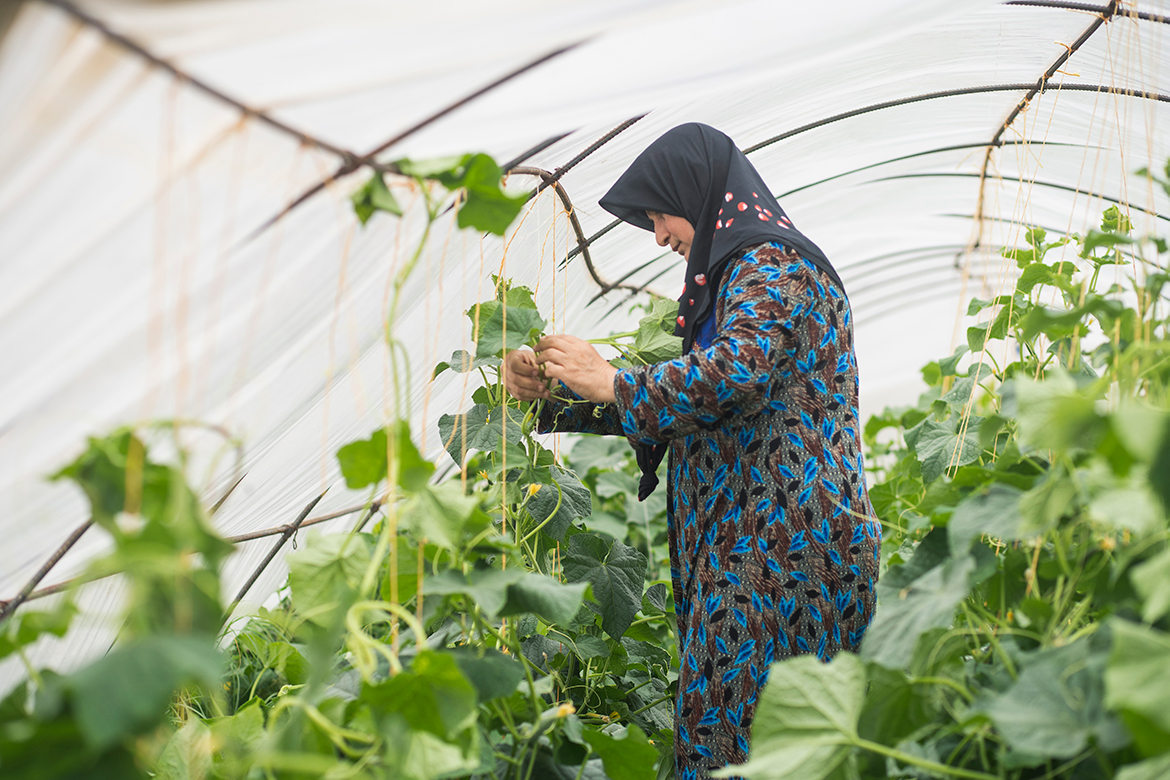Iraq Crisis Response and Resilience Programme
Overview
| Title: | Iraq Crisis Response and Resilience Programme (ICRRP) |
| Status: | Ongoing |
| Duration: | October 2014 – December 2024 |
| Budget: | US $307 million |
| Coverage: | National |
| SDG: | SDGs 3, 4, 5, 6, 8, 9, 11, 13 and 16 |
| Partners: | Government of Iraq and Kurdistan Regional Government |
| Latest Report: | Annual Report 2021 |
Summary
Since its liberation from ISIL, Iraq’s focus has shifted to post-conflict development and growth. The Iraq Crisis Response and Resilience Programme (ICRRP) is designed to provide locally tailored interventions that combine short, medium and long-term solutions for post-conflict recovery and development, emphasizing resilience and building back better.
Initially developed and implemented in the Kurdistan Region of Iraq (2014-2015), ICRRP focused on responding to the immediate needs of refugees and internally displaced people. However, ICRRP gradually expanded and operational across the whole of Iraq. Building on several years of experience, ICRRP demonstrates the importance of a holistic, integrated and community-driven approach to support Iraq’s full recovery, prevent further deterioration of post-crisis situations, and rebuild people’s lives.
Starting 2022, ICRRP’s socio-economic recovery and resilience interventions were designed to address the immediate and longer-term needs of Iraq’s transition efforts. This is achieved through:
- Resilient livelihood solutions, including cash-for-work for the rehabilitation of physical livelihood assets, skills development, cash grants for micro, small and medium-sized enterprises to support start-ups and existing businesses, and climate-smart value chain development support.
- Climate proof nature-based solutions and green economy services, including the provision of renewable energy and climate-smart solutions for farmers and businesses.
- Socio-economic support for reintegration and social cohesion, including vocational and business development training, cash grants for start-ups, psychosocial support and community resilience for the prevention of violent extremism.
Critical to the broader stabilization mandate of UNDP Iraq, ICRRP’s economic recovery efforts are designed to address the country's immediate and longer-term needs.
Through ICRRP, UNDP Iraq has mobilized over US$196.8 million from seven international partners, including Austria, France, Germany, Japan, Republic of Korea, United Kingdom, and the United States of America.
What have we achieved so far
To date, the programme has:
- Rehabilitated 219 basic socio-economic infrastructure projects, for agriculture, community services, education, electricity, health, housing, roads, sewage, and water.
- Helped over 8 million Iraqis with improved access to critical services and employment opportunities.
- Provided employment opportunities to over 37,942 internally displaced people, refugees and vulnerable host community members, of which around 11,809 were women through cash-for-work.
- 16,015 (including around 6,619 owned by women) individuals benefitted from business grants and asset replacement that enabled them to establish or grow their enterprises.
- Built the skills of over 14,630 people, of which 5,578 are women through vocational training
- Trained 2,515 religious' leaders on promoting dialogue, co-existence and human rights, 265 young individuals on peace, conflict prevention and the prevention of violent extremism, and nine civil society organizations to conduct conflict and development studies.
- Established 14 community-based platforms for social-cohesion dialogue, supported seven community centers to serve as a base for social cohesion interventions and built capacity of five civil societies to lead on social cohesion.
- Engaged with 4,655 people in community-based project initiatives and organized 102 peace initiatives and events for community solidarity targeting host communities and displaced populations.
*As of June 2023

 Locations
Locations